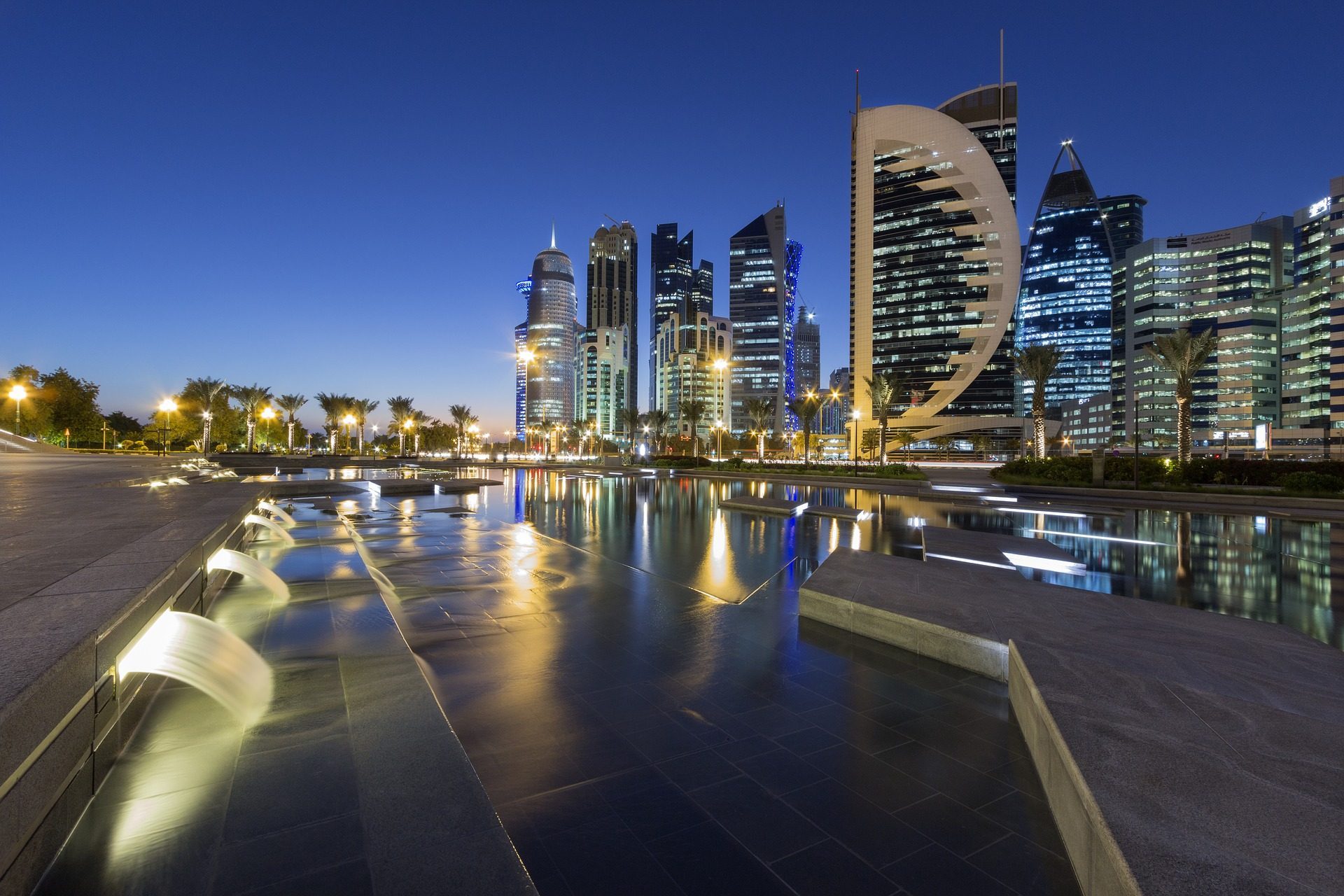The Gulf state’s budget surplus hit QAR 19.7 billion ($5.4 billion) during Q1 of this year.
Qatar’s economy is forecasted to lead the Gulf region’s economic growth this year at 3.3%, the World Bank said in its latest Global Economic Prospects report.
Listing the Middle East and North Africa’s growth forecasts for the year 2023, the global entity said Qatar is expected to top the list of the Gulf Cooperation Council’s economic performance, followed by the United Arab Emirates at 2.8%.
Bahrain’s economy is expected to fall third on the list of the GCC countries with a 2.7%, followed by Saudi Arabia at 2.2%, Oman at 1.5%, and Kuwait at 1.3%.
In its report, the World Bank explained that the entire MENA region started off the year “with solid but slowing growth momentum”.
“Oil-exporting economies, who enjoyed decade-high growth and low unemployment last year, have announced oil production cuts. Oil-importing economies faced several challenges, most notably high inflation, with growth slowing markedly into 2023,” the report said.
Commenting on Qatar’s post-World Cup economic growth, the World Bank noted that there was a slowdown in early 2023 following what it described as “decade-high growth in the final quarter of 2022” due to the tournament.
During the first quarter (Q1) of this year, Qatar’s budget surplus hit QAR 19.7 billion ($5.4 billion). The latest figure shows that at least 68% of the initial budget surplus has been achieved during Q1 alone, Qatar News Agency (QNA) reported last week.
In December last year, Qatar announced a 2023 budget surplus of QAR 29 billion (nearly $8 billion) for the entire year.
The total revenue for Q1 reached QAR 68.6 billion ($18.8 billion), out of which QAR 63.4 billion ($17.4 billion) were oil and gas revenues whereas non-oil revenues accounted for QAR 5.2 billion ($1.4 billion).
Qatar’s Minister of Finance Ali bin Ahmed Al Kuwari previously said the surplus will go into paying off public debt, supporting the reserves of Qatar Central Bank (QCB), and increasing the capital of the Qatar Investment Authority (QIA)—the Gulf state’s sovereign wealth fund.
Speaking at the Qatar Economic Forum last month, Al Kuwari said Doha’s economy is unlikely to be impacted by changes in global oil prices due to growth from its non-hydrocarbon sector.
“We are in good shape, because now the growth is coming from the non-hydrocarbon sector, so really we don’t care about the movement in the oil prices,” Al Kuwari told Bloomberg at the time.
Commenting on the Gulf state’s economic growth, Al-Kuwari said Qatar performed “very well” last year and confirmed a 32% nominal GDP growth.
“Last year we did very well. The economy, the non-hydrocarbon sector grew at 6.7% versus hydrocarbon at 1.5%, the whole year growth 4.8%, 32% in nominal GDP, which is a record GDP, $240 million,” he explained.
Commenting on this year’s expectations, he said Qatar’s economy is still in good shape, citing analysis from the World Bank and global analysts.
Asked about a tightness in liquidity, the Qatari minister rejected the idea that his country is facing the same pressures of inflation as seen in economies across the world.
“Qatar is not under pressure in terms of inflation like somewhere else. So we are doing it because purely as a monetary policy, just because we are back to the dollar when we have to follow. So we don’t get into the arbitrage business,” he said.







